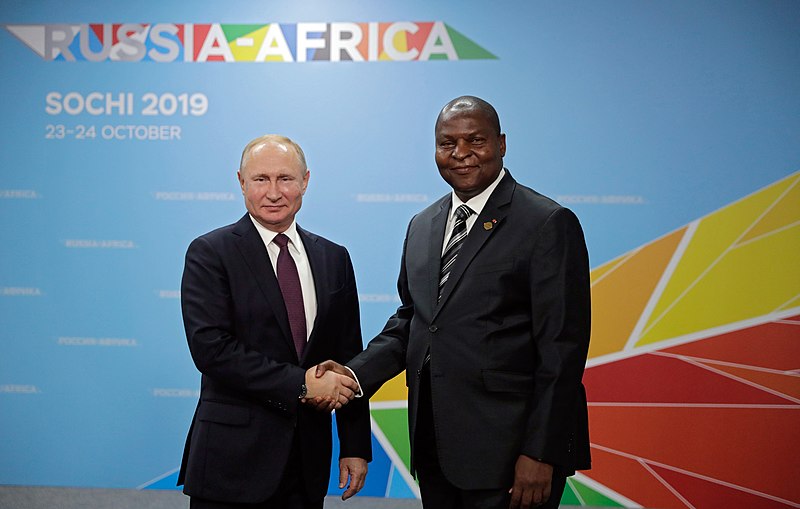In 2020, Russian-African trade stagnated around $14 billion, in the context of covid-19. However, in its trade with Moscow, Africa's trade balance remains largely negative, with an estimated deficit of more than $10 billion for the continent.
Africa imports about seven times more goods from Russia than it exports to the land of the Tsars. This is what emerges from data on Russia-Africa trade exchanges compiled by the Ecofin Agency based on figures from TradeMap, the WTO database dedicated to international trade.
In 2020, Russia exported $12.4 billion worth of goods to Africa. In return, African countries only sold $1.6 billion worth of goods to the Russian Federation. This results in a trade deficit of $10.8 billion for the continent. However, Russia only holds 2.4% market share in Africa against 19.6% for China, by far the continent’s leading supplier, 5% for the United States, France or India.
On analyzing the data, we note that African imports are dominated by cereals, which represent nearly 30% of all imports from Russia. As a reminder, it mainly exports wheat (about 95% of cereals exported) to African countries. This situation also helps to explain the concern of financial analysts about the surge in wheat prices in the wake of the war in Ukraine.
More than half of African supplies of Russian wheat are imported by the most populous countries on the continent, namely: Egypt, Sudan, Nigeria, Tanzania, Algeria, Kenya and South Africa. In addition to wheat, mineral fuels such as coal, petroleum products and gas account for 18.3% of African purchases from the former USSR.
For its part, Africa mainly sells edible fruits and vegetables, aquatic products as well as organic chemicals and precious metals to the Eurasian country.
Overall, the volume of goods exchanged between the two partners in 2020 reached $14.8 billion, reflecting a marginal drop compared to $14 billion in 2019. This virtual stagnation is part of a context marked by covid-19 which has affected all world trade. By way of illustration, the data indicates that trade between Africa and the rest of the world fell by 14% to $900 billion in 2020.
Recall that despite the decline in the volume of trade between the two parties, exports from Africa to Russia increased by 2% between 2019 and 2020, while imports from Russia fell by 6.5%. over the same period.
These figures come as the Kremlin has launched its strategy to recapture the African market in recent years. In 2019, President Vladimir Putin organized an Africa-Russia summit for this purpose, which brought together more than 40 African leaders to discuss cooperation. At the time, the stated objective of the Head of State was to lay the foundations to enable Russia to “double its trade with Africa over the next four to five years”.
Although trade relations between Russia and Africa are still weak, Moscow is betting more than ever on the politico-security sector. In recent years, the Eastern European country has indeed risen to the rank of main political partner in two African countries – the Central African Republic and Mali – which were until then considered to be part of the sphere of French influence.
Also, the interventions in the Libyan peace process, the sales of arms to several countries of the continent in particular Algeria and Egypt, and the support to the States of the continent within the framework of the fight against covid-19 are- they perceived by experts as evocative signs of the Russian diplomatic breakthrough on the black continent.
Réagissez à cet article
































It absolutely not agree